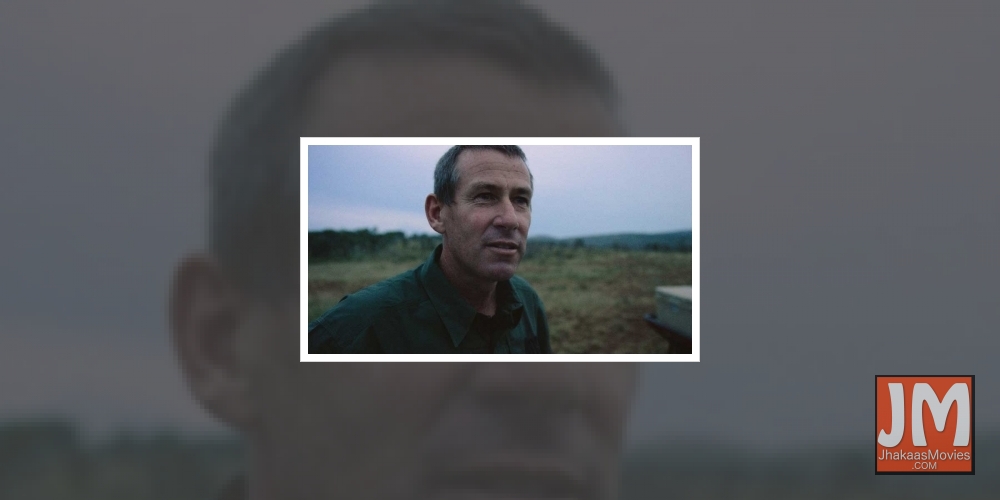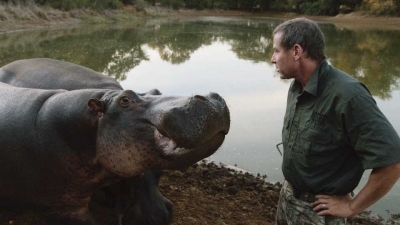 Aan Tiwari honoured with Best Child Actor award for Baal Shiv
Aan Tiwari honoured with Best Child Actor award for Baal Shiv Ghategi rahasymayi ghatnaye!
Ghategi rahasymayi ghatnaye! Amazon Prime Video unveils the 2021 Festive Line-up; brings a heady mix of Indian and International titles on the service
Amazon Prime Video unveils the 2021 Festive Line-up; brings a heady mix of Indian and International titles on the service Release: Music video of, Yeh Haalaath, from Mumbai Diaries 26-11
Release: Music video of, Yeh Haalaath, from Mumbai Diaries 26-11 Bhumi Pednekar feels she shares feel-good value with Akshay Kumar on screen
Bhumi Pednekar feels she shares feel-good value with Akshay Kumar on screen
Ivan Carter: World aware of the importance of nature now

"Carter's W.A.R." host Ivan Carter feels the world has become more aware of the importance of nature amid the coronavirus crisis, and says he is hoping that people will remember "these lessons as we get back to normality".
"Lockdown has been tough. Our projects live and die by fundraising, and so that's been difficult. Many conservation initiatives require tourism for their funding and with lockdown, the tourism industry has been brought to its knees. I think that the world has had a wakeup. I think the world has become more aware of the importance of nature and I can hope that we remember these lessons as we get back to normality," Carter told IANS.
Amid the ongoing shutdown, Carter feels it is important for people to take part in conservation series like "Carter's W.A.R."
"I am hoping that more people will see the need for a series like this. I think the timing is excellent to air a hard-core conservation series at a time when people are vitally aware of the natural environment and we are actively searching for partners to create such a series," he said.
With "Carter's W.A.R.", Carter wants to spread awareness and save the wildlife of Africa, and uncover the threats it faces. From poachers killing elephants for their tusks to the slaughter of rhinos for their horns, with each episode, Carter delves into the threats that the wildlife of Africa faces.
"This was an incredible show to work on for several reasons. Firstly, the locations were remote and beautiful. Secondly, we got to interact with some of the world's foremost wildlife heroes and that was a great experience. However, most importantly, creating a show that really matters, which may lead to better conservation and awareness, was truly a privilege and it has in fact led to me setting up my own conservation organisation to make a difference," Carter said, about working on the show, which will premiere in India on Discovery, Discovery HD and Discovery Plus.
He asserted that he was "shocked by the true volume of wildlife crime".
"I mean, we all know it exists but it's only when you get to the front line and explore it that you realise how very deep it is," said the conservationist.









